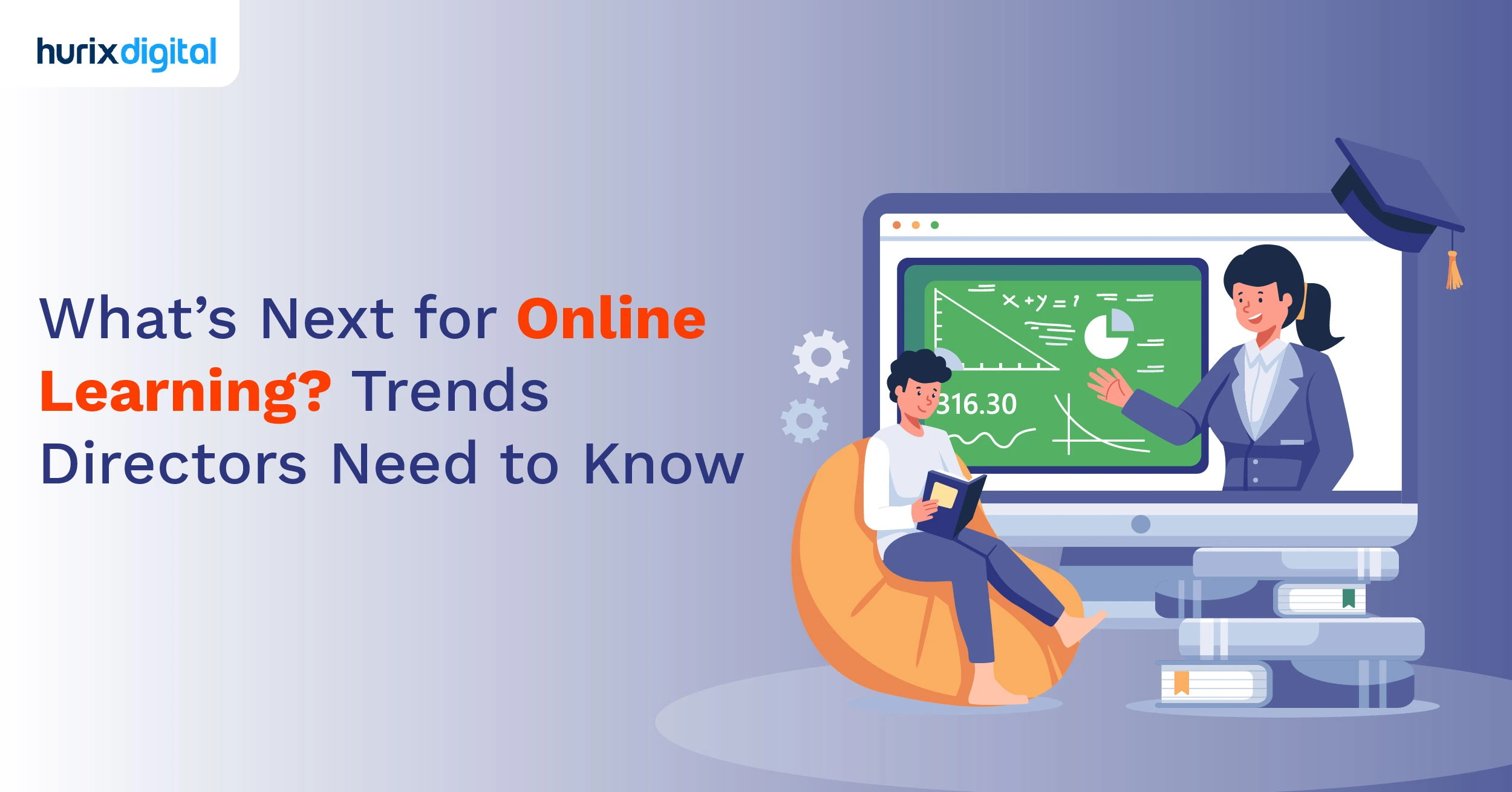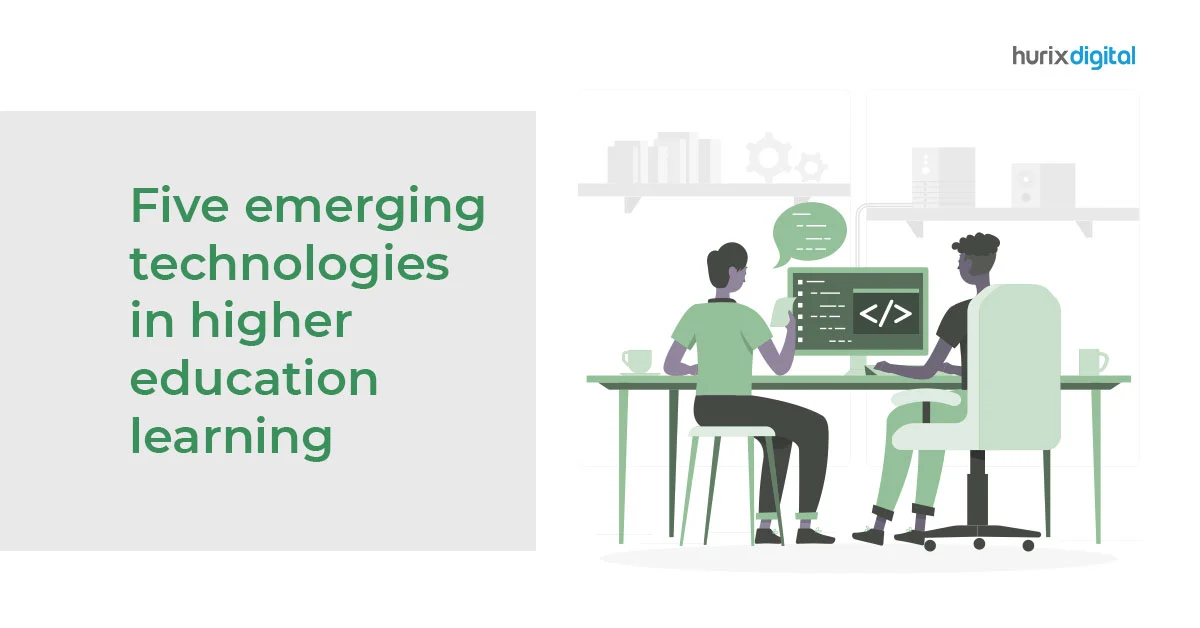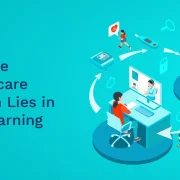
The Benefits of Microlearning for Upskilling Healthcare Professionals
In the rapidly evolving world of healthcare, where constant advancements in medicine and technology are the norm, staying updated with the latest information is crucial. However, the traditional methods of learning and development may not always align with the demands of healthcare professionals.
Here is where microlearning training comes into play, offering a solution that is both efficient and relevant to the ever-evolving field of healthcare. In this blog, we will understand the various aspects of microlearning, including what microlearning is and how it is relevant and beneficial to healthcare professionals.
Table of Contents:
- Understanding Microlearning Training
- Benefits of Microlearning in Healthcare Training
- Top 10 Ways Microlearning Aids Healthcare Professionals
- Final Thoughts
Understanding Microlearning Training
Microlearning training is an educational approach that involves delivering bite-sized learning, focused pieces of content to learners. These nuggets of knowledge are designed to be easily digestible.
Microlearning examples can include videos, quizzes, infographics, or short articles. The key idea behind microlearning is to provide concise, targeted information that can be quickly absorbed and applied.
In the context of healthcare, microlearning training can cover a wide range of topics, from clinical procedures and guidelines to patient communication skills and healthcare regulations.
These bite-sized lessons are typically accessible on digital platforms. It makes them convenient for healthcare professionals to access when and where they need them.
Also Read: The Benefits of AEM For The Healthcare Industry
Benefits of Microlearning in Healthcare Training
The benefits of microlearning in healthcare training cannot be overstated, as it offers a tailored, efficient, and effective means of empowering healthcare professionals.
It helps medical professionals stay updated with the latest medical advancements, improve patient care, enhance workforce learning and development, and adapt to the ever-changing healthcare landscape.
Let’s understand the benefits of implementing microlearning in healthcare:
1. Time-Efficiency
In the healthcare profession, time is often a precious commodity. Healthcare providers, including doctors, nurses, and support staff, have busy schedules filled with patient care, administrative tasks, and ongoing training requirements.
Traditional classroom-based training can be time-consuming and disrupt daily routines. Microlearning, on the other hand, allows professionals to engage with short, focused content that can be completed in just a few minutes.
It enables healthcare workers to fit learning into their hectic schedules without major disruptions.
2. Continuous Learning
Medical knowledge evolves rapidly. New treatments, medications, and technologies are constantly emerging. Healthcare professionals have to stay up-to-date to provide the best care for their patients.
Microlearning courses offer a solution by providing small, manageable pieces of information that can be easily updated to reflect the latest guidelines and research. It ensures that healthcare workers are always learning and adapting to changes in their field.
3. Better Retention
A survey has shown that a 2 to 5-minute long learning session is best for microlearning and can lead to better retention of information.
Microlearning training leverages this concept by delivering content in small, focused doses. Healthcare professionals can absorb and retain critical information more effectively, ultimately enhancing their clinical decision-making abilities.
4. Accessibility
Microlearning can be delivered through various digital platforms and devices, making it highly accessible. Healthcare professionals can access microlearning modules on their smartphones, tablets, or computers, whether they are at work, at home, or on the go.
This accessibility ensures that learning is not restricted to a specific location or time, allowing for greater flexibility.
5. Personalization
Microlearning can be tailored to the specific needs of healthcare professionals. Each learner can choose modules that align with their areas of interest or areas where they need improvement.
This personalized approach helps professionals focus on what matters most to them, leading to more meaningful and effective learning experiences.
6. Cost-Effective Training
Traditional training methods can be expensive due to the need for physical resources and dedicated training sessions. Microlearning is often more cost-effective, as it requires fewer resources and can be easily updated and scaled to reach a larger audience.
Top 10 Ways Microlearning Aids Healthcare Professionals
Microlearning is a versatile educational approach that can significantly benefit healthcare professionals in upskilling and workforce transformation.
Here are 10 unique ways in which microlearning training can help them enhance their skills and knowledge:
1. Just-in-Time Training
Healthcare professionals often face urgent situations where immediate knowledge or skill application is required.
Microlearning provides quick access to specific, relevant information, enabling professionals to address critical issues promptly. For example, a nurse can quickly review CPR guidelines before administering emergency care.
2. Procedure Refresher Courses
Microlearning modules can serve as handy refresher courses for complex medical procedures. Surgeons, for instance, can use short video tutorials to revisit surgical techniques or best practices in sterilization procedures.
3. Pharmacological Updates
Staying current with drug information is crucial in healthcare. Microlearning can deliver concise updates on new medications, their interactions, and dosages, ensuring healthcare professionals are well-informed about the latest pharmaceutical advancements.
4. Patient Communication Skills
Effective communication with patients is a vital aspect of healthcare. Microlearning can offer scenarios and tips on improving patient interaction, helping professionals develop better bedside manners and empathy.
5. Infection Control Training
Especially relevant in light of global health concerns, microlearning can provide quick lessons on infection control protocols. It can ensure that healthcare workers are well-prepared to prevent the spread of infections within healthcare settings.
6. Diagnostic Decision-Making
For healthcare practitioners like radiologists or pathologists, microlearning can offer case studies or quizzes that sharpen diagnostic skills. These bite-sized scenarios allow professionals to enhance their decision-making abilities progressively.
7. Legal and Ethical Compliance
Healthcare professionals must adhere to strict legal and ethical standards.
Microlearning can provide succinct updates on regulatory changes, ethical dilemmas, and how to navigate them, reducing the risk of non-compliance.
8. Remote Learning for Telehealth
With the growth of telehealth, healthcare providers need training in remote patient care. Microlearning can offer modules on telehealth best practices, ensuring that professionals can effectively conduct virtual consultations and provide remote care.
9. Cultural Competency Training
Microlearning courses can provide healthcare professionals with insights into different cultural practices, beliefs, and healthcare expectations.
These bite-sized lessons can help professionals develop cultural competence, fostering better patient-provider relationships in an increasingly diverse healthcare environment.
10. Mental Health and Self-Care
Healthcare professionals often face high levels of stress and burnout due to the demanding nature of their work. Microlearning can offer short mindfulness exercises, stress management techniques, and self-care tips.
These resources empower healthcare workers to prioritize their mental health, reduce stress, and build resilience, ultimately offering improved job satisfaction and patient care.
Also Read: Benefits of Gamification in Healthcare: Engaging Patients and Improving Outcomes
Final Thought
These unique applications of microlearning in healthcare demonstrate its adaptability and effectiveness in addressing specific skill gaps and knowledge needs. By embracing microlearning, healthcare professionals can continuously enhance their skills, adapt to changing healthcare landscapes, and ultimately provide better care for their patients.
Unlock the power of engaging, personalized, and impactful digital content solutions with Hurix Digital. Whether you’re looking to revolutionize your eLearning, enhance your publishing, or amplify your training materials, we have the expertise and technology to make it happen.
Contact us today to know more!

Performance, Results, Growth, and Life-Long Learning define my professional life. I am passionate about making workplace learning planful, purposeful, and impactful. I take pride in partnering with clients and bringing them the best in learning design and creating solutions that address business challenges.








